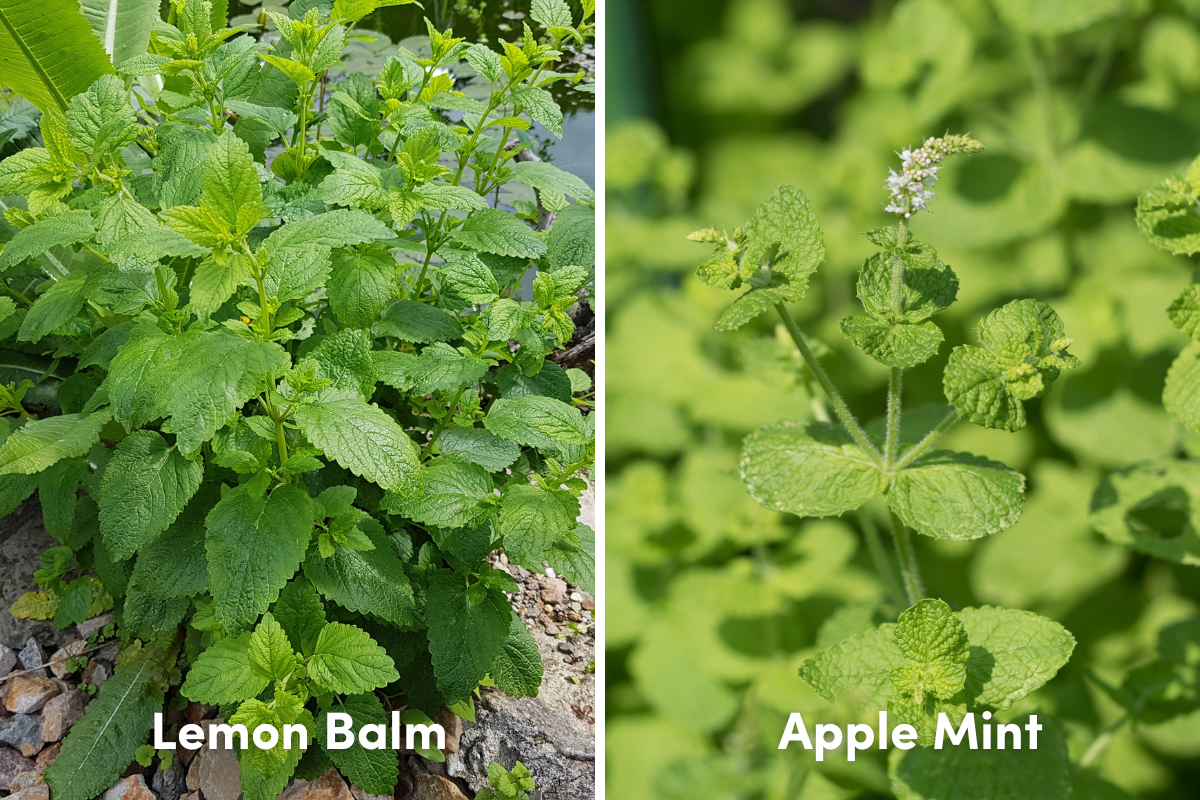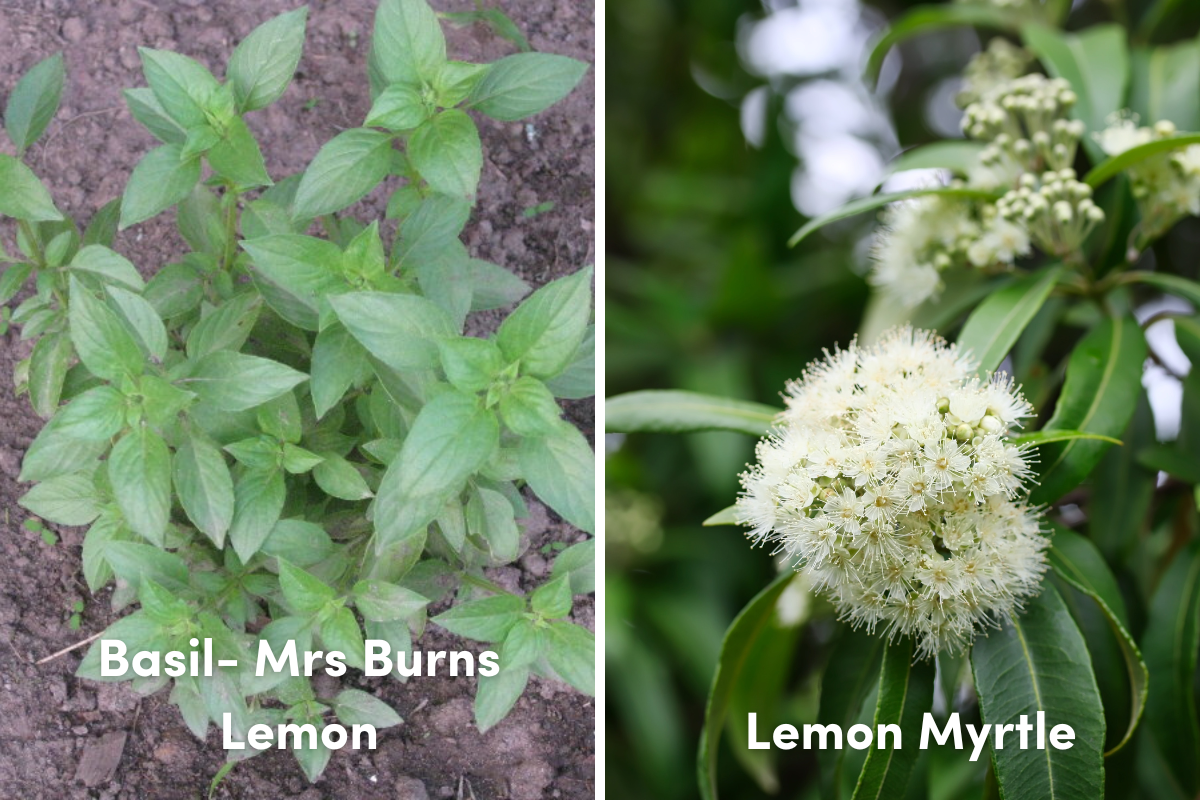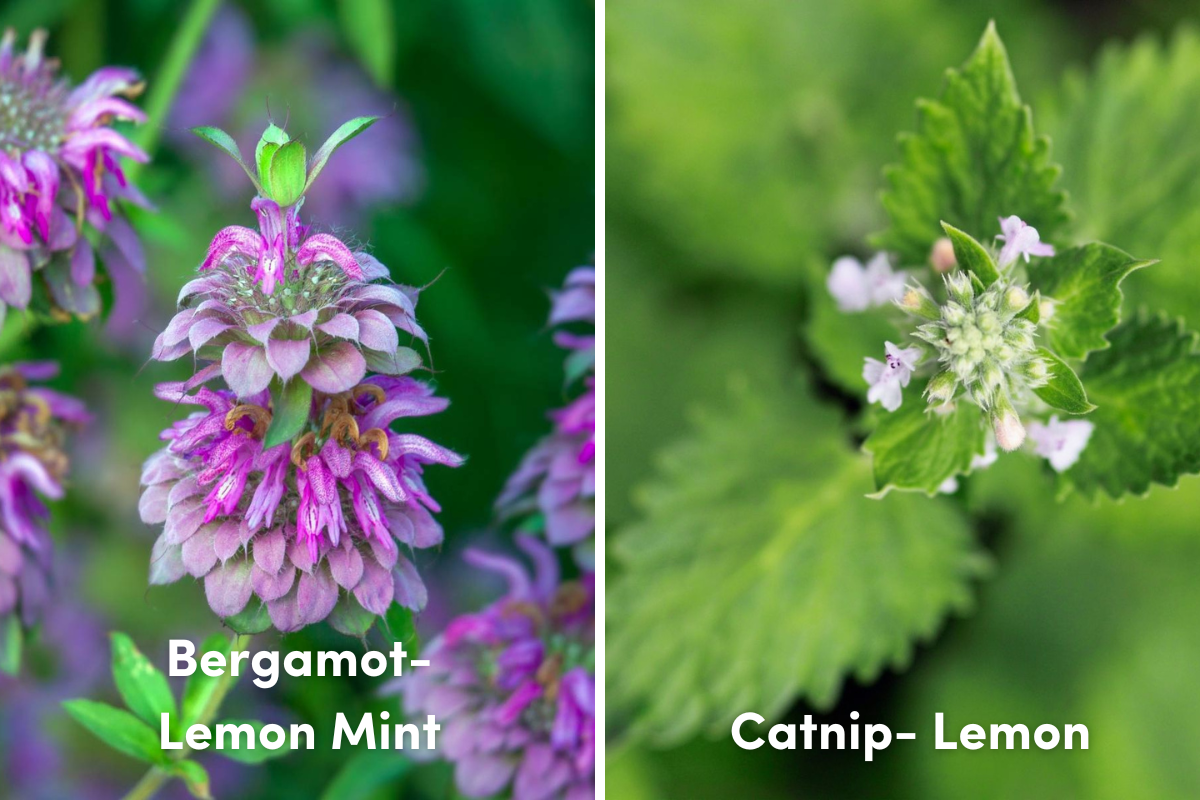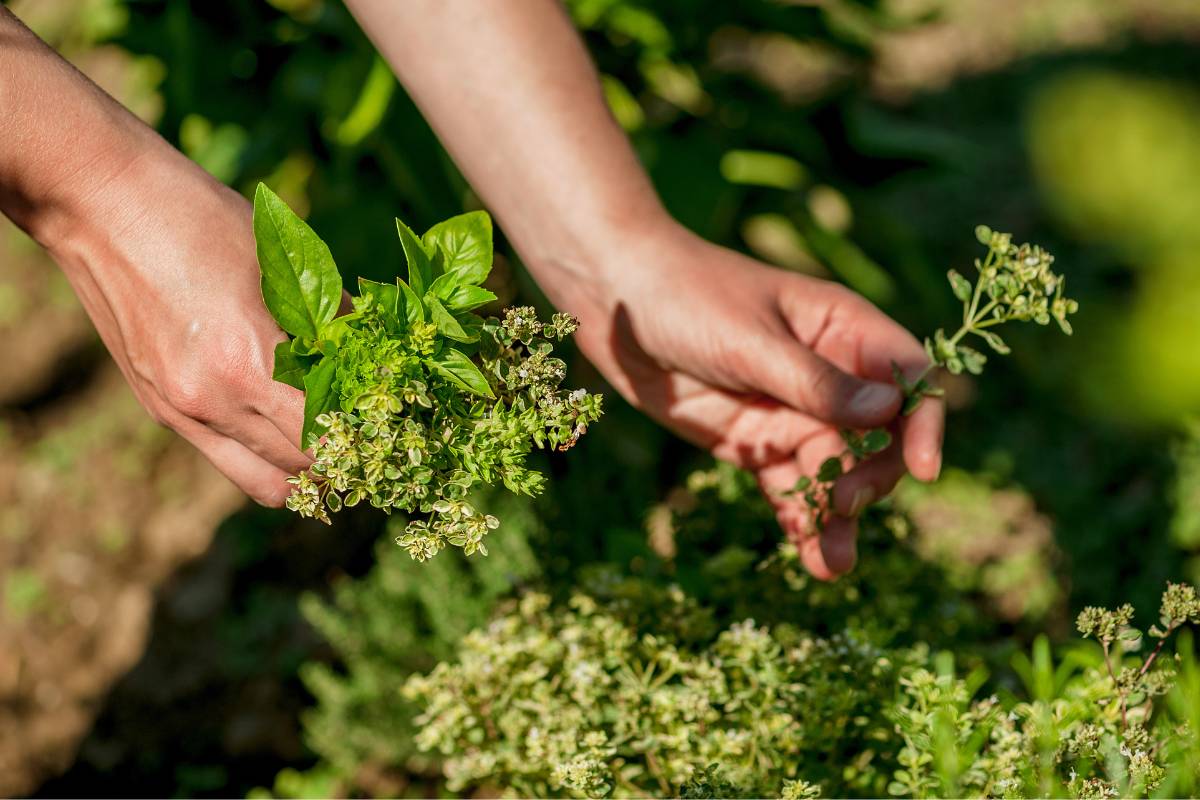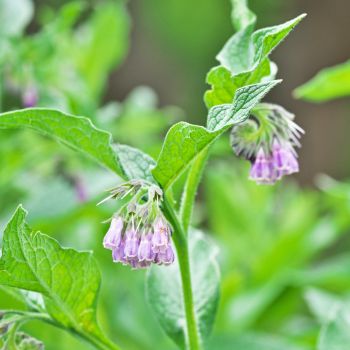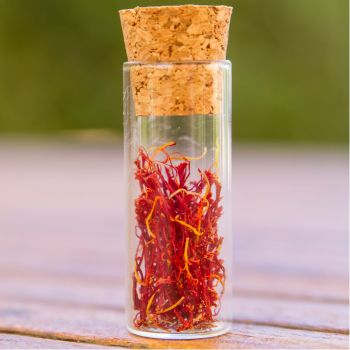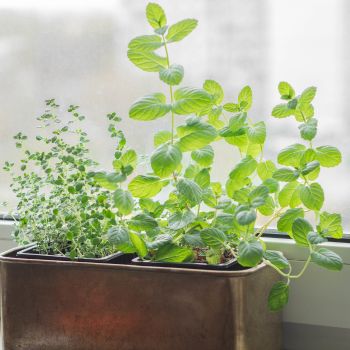Herb patches are one of the most productive areas of a garden, creating a wealth of produce for the kitchen and medicine cabinet while needing neither a lot of space nor much advanced gardening know-how. There's also a huge range of herb species and varieties to choose from, giving you plenty of options when designing and planting your unique selection.
But among all the herbs you can choose, one group is perhaps less widely grown than others. And that's a shame, as naturally fruit-scented herbs can offer plenty of novelty and gardening interest, as well as undoubted benefits for your garden and kitchen alike. Those benefits include:
- Fruit-scented herbs can provide the flavour of fruits in the kitchen while using a tiny fraction of garden space.
- Many fruity herbs deliver usable produce over a long season, unlike most fruits where the harvest is crammed into just a week or two.
- Herbs are usually easier to grow than fruits, with fewer pests and less demanding preferences.
- Their scents add fragrance to your garden on warm days, especially when grown where passersby will brush the plants.
- If you like flower arranging or making potpourri, fruit-scented herbs make an unusual, fragrant and fresh addition to flower mixes.
If these reasons sound convincing, here are seven of the most popular, fragrant, and easy-to-grow fruity herbs you'll find.
1. Lemon Balm
Lemon balm is a member of the mint family and has a similarly robust growing routine. It boasts a gentle lemony scent that makes it a great ingredient for seafood and dairy dishes, and is also a refreshing garnish to add to cold drinks. Another benefit of lemon balm is its reputed mood-enhancing properties, relaxing taut nerves and helping to encourage restful sleep.
2. Apple Mint
Apple mint offers another angle on the mint family's flavour profile, adding a fresh, zesty apple taste to the underlying spicy sweetness. Try infusing the dried leaves to make a warming tea that's ideal in autumn or winter, or adding freshly crushed leaves to iced water to create a zingy drink for summer. What's more, apple mint's essential oils are thought to be a natural insect repellent, making the plant a great all-round option for warm-weather growing.
3. Basil - Mrs Burns' Lemon
Mrs Burns' Lemon basil is a variety of sweet basil, and as the name suggests, it has a pronounced lemon flavour, perhaps the strongest out of all lemon basil varieties. It also has hints of spice and floral notes, and is a great choice for sophisticated herbal teas. In the garden, it grows happily in hot, dry conditions and is slow to bolt in direct sunlight. With its white flowers and citrusy aroma, Mrs Burns’ Lemon basil has also found favour with cut flower growers to fill out vases and bouquets.
4. Lemon Myrtle
Lemon Myrtle is an Australian native that grows up to 3m tall in open soil but can also be confined to containers for a more compact plant. In both cases, it prefers warm, wet and lightly shaded conditions thanks to its rainforest origins. The leaves have a tangy citric flavour that enhances a wide range of sweet dishes, although it can also work to lighten more robust meat courses. Lastly, lemon myrtle is said to have both antibacterial and anti-fungal properties, so it's a good choice for herbal teas to soothe sore throats.
5. Bergamot- Lemon Mint
The Lemon Mint variety of bergamot has a flavour profile that combines lemon and peppery thyme, and the young leaves are tender enough to use raw in salads. Try adding a few leaves to ordinary black tea to create an Early Grey-style beverage, or use it as a main herbal tea ingredient where it's thought to have a mild stress-busting effect. And lastly, the plant's other name, Lemon Bee Balm, gives a strong hint about the kind of insects its flowers will attract to your garden.
6. Catnip- Lemon
Of course, catnip is known for its attractiveness to felines, but lemon catnip has an enticing zesty mint-lemon fragrance which means humans can also appreciate it - although without the infamous intoxicating effects. Unlike many of the lemon-scented herbs described here, catnip is a perennial plant that can provide citrus flavour all year round so long as heavy frosts are avoided.
7. Orange Peel Thyme
This variety of thyme combines standard thyme’s slightly sweet, earthy flavour with a strong tinge of orange, making it an ideal herb to cut through rich, meaty stews. As with ordinary thyme, it may also have respiratory benefits when made into a tea, and the orange scent will make the beverage smoother and more palatable to some.
Whether you grow a few of these herbs to add pep to your kitchen or make them a fragrantly central feature of your patch, fruit-scented herbs offer an extra dimension of gardening interest as well as having genuine uses around the home.
